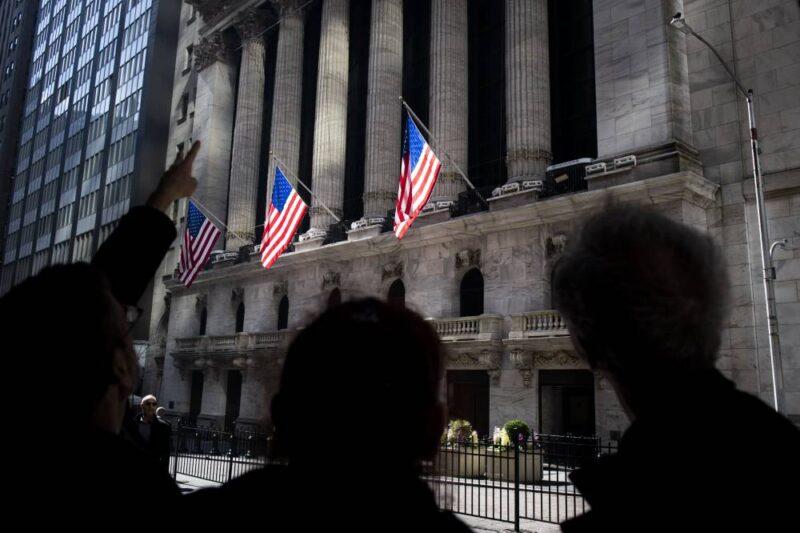
There could be trouble ahead for mutual funds.
With American Century launching Wall Street's first two actively managed, nontransparent exchange-traded funds, some investors are wondering what the implications could be for competing actively managed mutual funds.
The funds, launched in late March, began trading last week under American Century Focused Dynamic Growth ETF (FDG) and American Century Focused Large Cap Value ETF (FLV).
Unlike traditional ETFs, which are required to disclose their holdings daily, nontransparent ETFs will take a page from the mutual fund's book. Once approved, they are allowed to disclose their holds on a monthly or quarterly basis.
ETFs are also largely cheaper to own than mutual funds and more liquid, meaning they can be bought and sold on the open market. Generally, mutual funds can only be bought or sold after the market has closed.
All this makes the ETF structure an attractive one for ailing active managers, who for years have struggled to find alpha under the more costly and rigid mutual fund umbrella.
"From our perspective, we want to offer the investors choice," Ed Rosenberg, head of ETFs and senior vice president at American Century, told CNBC's "ETF Edge" on Monday. "There are clients who are going to prefer mutual funds. It's just their normal habit, whether it's been dollar-cost averaging or 401(k)s or 529s. There are other investors who want more control, and those are the investors that we're going to be targeting."
As more and more fund issuers and platforms waive trader commissions, cut fees and allow for fractional share trading to try and make their mutual fund offerings more attractive, that should benefit ETFs as well, Rosenberg said.
"There's going to be a point where they become a level playing field, and ETFs, with their benefits, could outweigh those of mutual funds in the long term," Rosenberg said.
John Davi, founder and chief investment officer of Astoria Portfolio Advisors, said in the same interview that the ETF market's impressive resilience in recent weeks could also pose a risk to the fate of mutual funds.
With ETFs establishing themselves as reliable vehicles for price discovery, "I think the mutual fund industry is in trouble, obviously," Davi said.
"For my money, we prefer a little bit more transparency than less in general, but I'm always amazed about the ETF product" Davi said. "I've been working in the ETF ecosystem for 20 years. I remember when iShares first launched 25 ETFs in one day. People were like, 'Why do you need a single country? Why do you need a subsector ETF?' And sure enough, we have an entire industry now. So, there's always a market."
With mutual fund companies' price-to-earnings ratios already on the decline, nontransparent ETFs could find success sooner than many think — depending on a few key factors, Davi said.
"I think the market is telling the mutual fund industry, 'Hey, you need to get on the ball here and get involved in the ETF ecosystem in one shape or form,' and ANTs is one way to do it," he said. "You'll kind of know what type of firm you have if you are able to successfully raise assets, because I don't think anyone's going to buy it unless you either have strong distribution or really good performance."
For Rosenberg and his firm's newly launched ETFs, that success will largely predicate on client preferences, he said.
FDG and FLV both hit new highs in Thursday's trading session.
Disclaimer
Source: cnbc.com

